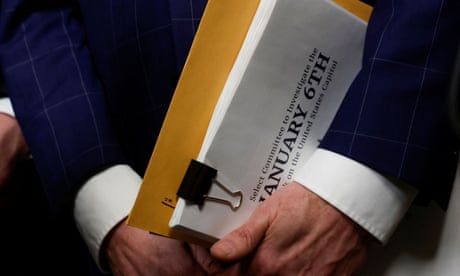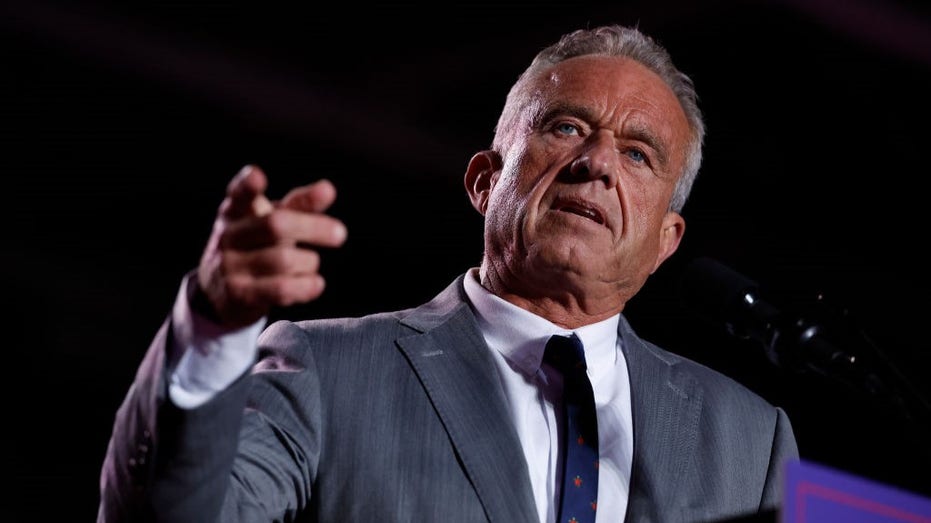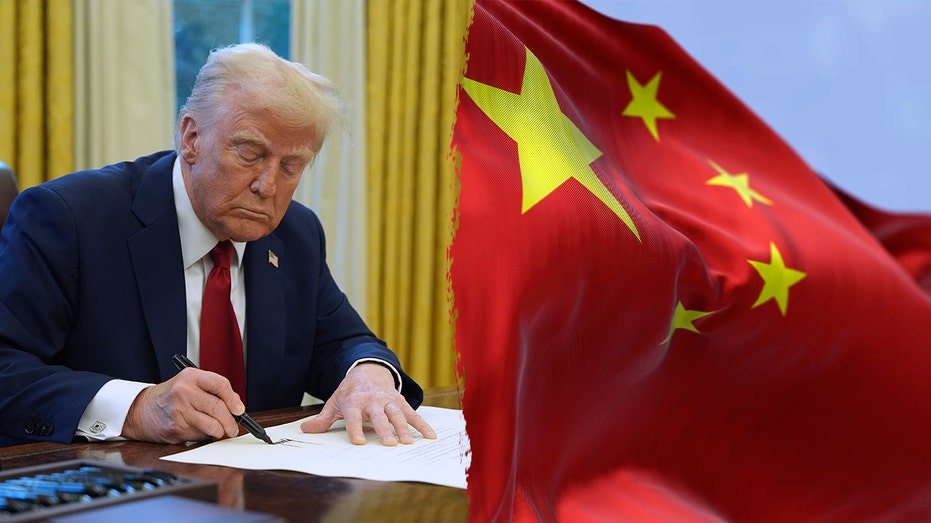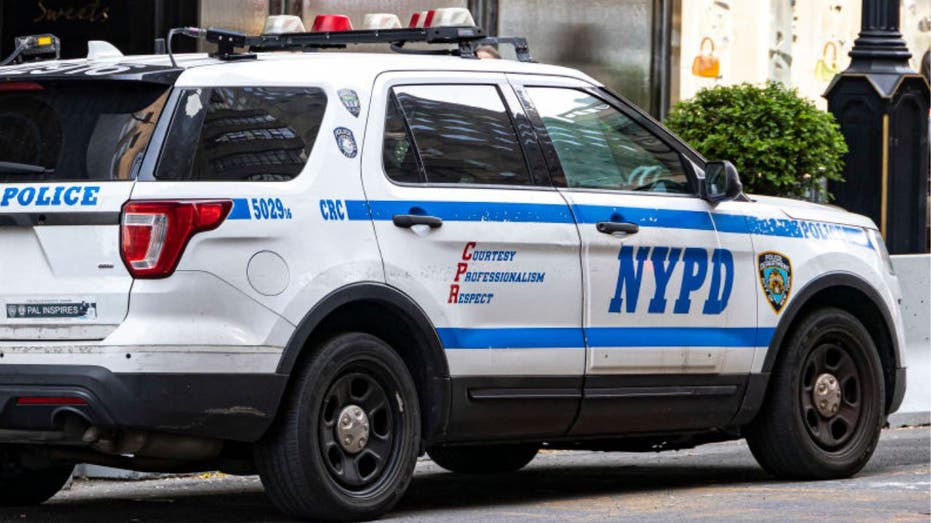- by foxnews
- 08 Apr 2025
Five key conclusions from the January 6 panel’s final session
Five key conclusions from the January 6 panel’s final session
- by theguardian
- 20 Dec 2022
- in politics

The House January 6 committee has staged its final public hearing and issued the first sections of its report. According to its chairman, Bennie Thompson, it will both release "the bulk of its non-sensitive records" before the end of the year and transmit criminal referrals, for Donald Trump and others, to the Department of Justice by the end of business on Monday.
Here are some key conclusions after the final session on Capitol Hill.
The committee has decided to make four criminal referrals of Trump, his associate John Eastman and others to the justice department.
In the hearing, the Maryland Democrat Jamie Raskin introduced referrals for obstruction of an official proceeding; conspiracy to defraud the United States; conspiracy to make a false statement; and inciting, assisting or aiding and comforting an insurrection.
The referrals received unanimous support and may not be the last. Raskin said: "Depending on evidence developed by the Department of Justice, the president's actions could certainly trigger other criminal violations."
The report discusses other conspiracy statutes, including seditious conspiracy, which it says could be considered. It also says the committee has "substantial concerns regarding potential efforts to obstruct its investigation", and "urges the Department of Justice to examine the facts to discern whether prosecution is warranted".
Noting the need for accountability, the report points to recent developments including Trump's stated desire to "terminate" the US constitution and says: "If President Trump and the associates who assisted him in an effort to overturn the lawful outcome of the 2020 election are not ultimately held accountable under the law, their behavior may become a precedent and invitation to danger for future elections."
The justice department is already investigating, under a special counsel, the notably aggressive prosecutor Jack Smith, who was appointed last month.
In messages seen by the Guardian on Monday, former Trump officials acknowledged the strength of the case against Trump. A former administration official said the committee had made "a very solid recommendation" while a former White House official said: "The facts are compelling. These charges are coming."
In its final hearing and its report, the committee seeks to rebut Republican claims it has overstated its case. It makes clear the Capitol attack was not an isolated and chaotic event but the culmination of a concerted attempt, fueled and guided by Trump, to stop Joe Biden becoming the 46th president.
As the section on the recommended referral for conspiracy to defraud the United States puts it, "the very purpose of the plan was to prevent the lawful certification of Joe Biden's election".
Raskin said the committee was seeking "appropriate sanction by the House ethics committee for failure to comply with lawful subpoenas".
But Republicans will take the House in January. Jordan, who the report labels "a significant player in President Trump's efforts", is on course to chair the judiciary committee. Unlike other panels the ethics committee is split equally but it will be led by a Republican. In all likelihood, Jordan, Perry and others are sitting pretty for now.
The report names Trump's daughter as a witness "from the Trump White House [who] displayed a lack of full recollection of certain issues, or [was] not otherwise as frank or direct" as other, less senior aides.
Describing an exchange between Donald Trump and Mike Pence on January 6, Ivanka Trump's chief of staff said Trump called his vice-president a "pussy" for not going along with election subversion.
Other aides are singled out. Mark Meadows, Trump's chief of staff, refused to testify but did produce a book in which he claimed Trump was "speaking metaphorically" when he told supporters he would march to the Capitol.
"A few did," it says. One was Anthony Ornato, a deputy chief of staff who said Trump's desire to march on Congress "was one of those hypotheticals from the good idea fairy" and who denied Trump was "irate" when told, by Ornato in the presidential SUV, he couldn't go to the Capitol.
The committee says it has "significant concerns about the credibility" of Ornato's testimony, including his claim not to have known of information which suggested violence at the Capitol was possible. As Thompson indicated, Ornato's interview will be among materials released.
The lawyer is also said to have "instructed the client about a particular issue that would cast a bad light on President Trump, [saying]: 'No, no, no, no, no. We don't want to go there. We don't want to talk about that.'"
When the client asked who was paying the lawyer, the report says, the lawyer said: "We're not telling people where funding is coming from right now."
The client appears to be Cassidy Hutchinson, the former Trump and Meadows aide whose testimony lit up a public hearing in June.
The panel also says Secret Service agents chose to be represented by private counsel rather than agency lawyers who would have worked free of charge. Such behavior raised concerns that lawyers "receiving such payments have specific incentives to defend President Trump rather than zealously represent their own clients".
The report adds that the US Department of Justice and the Fulton county district attorney, investigating election subversion in Georgia, "have been provided with certain information related to this topic".
- by foxnews
- descember 09, 2016
Ancient settlement reveals remains of 1,800-year-old dog, baffling experts: 'Preserved quite well'
Archaeologists have recently unearthed the remarkably well-preserved remains of a dog from ancient Rome, shedding light on the widespread practice of ritual sacrifice in antiquity.
read more





